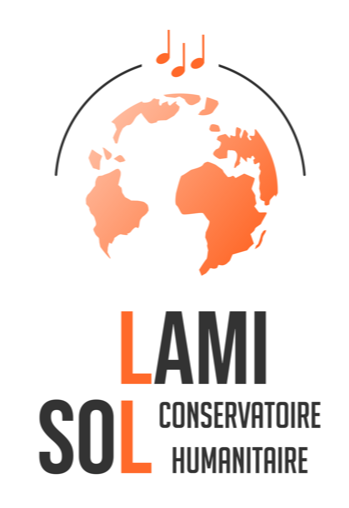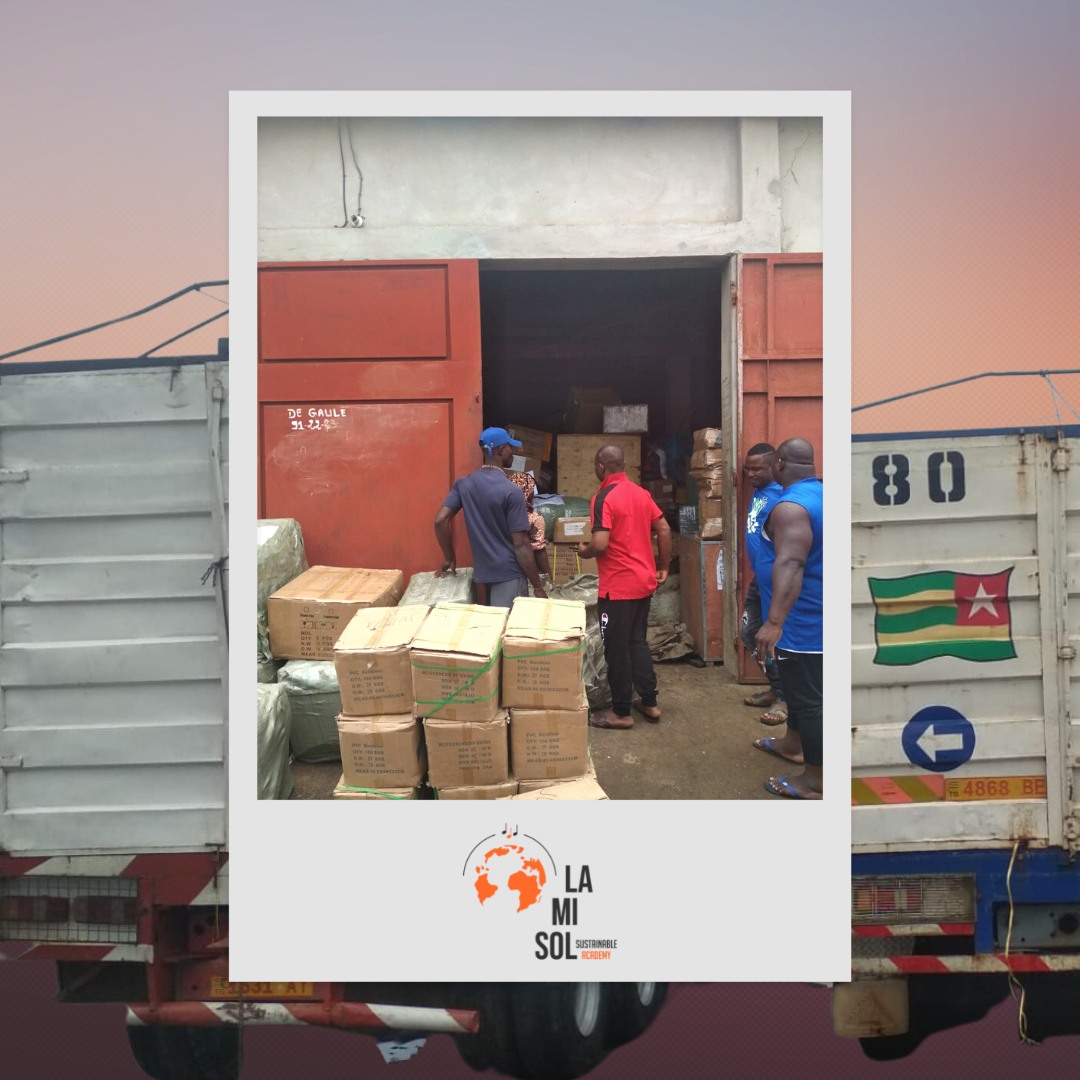A SUSTAINABLE CULTURAL DEVELOPMENT MODEL
Collection of unused musical instruments; too many instruments are abandoned in homes after only a few weeks of practice. The recovery of unsold stock and instruments with defects from major brands and instrument manufacturers.
The organization and financing of the shipment of musical instruments to regions with the mastery of international logistics. We mainly target countries where big brands do not distribute their products because the market is not profitable enough. Therefore, the instrument is inaccessible for local artists due to massive import charges.
The creation of a free education system accessible to all by bringing together a network of local and international artists. We perpetuate academies by offering economic models to local actors allowing academies’ self-sufficiency. The challenge is to not create dependency on subsidies.
SWAP REHEARSAL PRACTICE TIME FOR MUSIC EDUCATION
Music groups can freely use the instruments and any music equipment needed. In West African countries the vast majority of musicians rent their instruments during rehearsals and concerts. It is a major impediment to the development of artistic projects but the academy today allow musicians to rehearse for free before performing on stage.
The second part of the time of the academy is dedicated to music education. We ask experienced artists to turn rehearsal time into teaching time. In other words, a confirmed violinist who comes to rehearse at the academy for 2 hours undertakes to devote 2 hours of teaching in the month to teach a novice.





